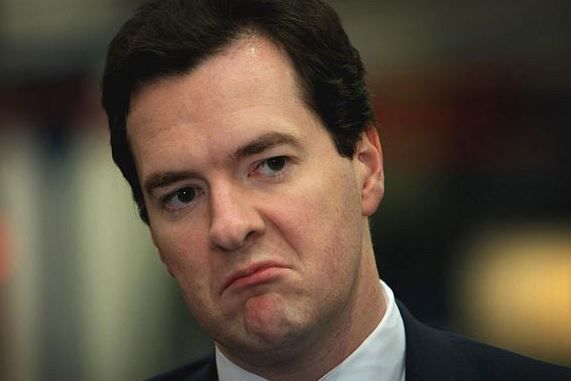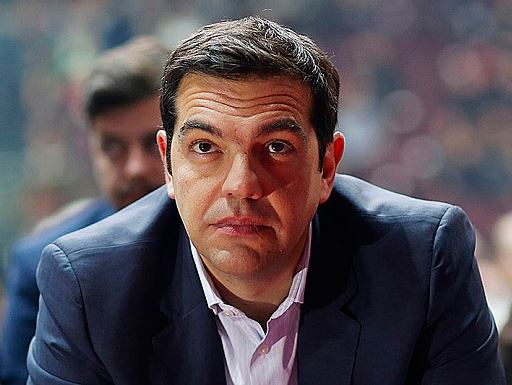Chancellor George Osborne said the UK is getting ready for a potential Grexit, a term that refers to the possibility of Greece leaving the Eurozone. Grexit is a combination of the words “Greek” and “Exit”.
If Greece either left or were kicked out of the Eurozone, Britain would need to be prepared for the market instability that such an occurrence would trigger, Mr. Osborne believes.
The Treasury has not yet given any details or made comments on the contingency planning.

Mr. Osborne appears to disagree with German lawmakers regarding the consequences of Greece leaving the Eurozone.
The German government believes that it would be catastrophic for Greece if it left the common currency (euro), only a minor shock for the Eurozone, while the rest of the world economy would hardly feel a thing.
Most German newspapers are urging Chancellor Angela Merkel not to succumb to blackmail. Even the country’s opposition parties believe any Grexit consequences could be contained.
Mr. Osborne, on the other hand, believes the impasse between the Eurozone’s stance and the new Greek anti-austerity government raises the risk to the global economy.
In an interview with the BBC, Mr. Osborne said:
“That’s why I’m going tomorrow to the G-20 [Group of 20] to encourage our partners to resolve this crisis. It’s why we’re stepping up the contingency planning here at home.”
“We have got to make sure we don’t, at this critical time when Britain is also facing a critical choice, add to the instability abroad with instability at home.”
This week, finance ministers from the G-20, including Mr. Osborne, meet in Istanbul, Turkey for talks.

The new Greek Prime Minister Alexis Tsipras says his country is sick of austerity and wants to negotiate a new deal with the European Union.
Mr. Osborne said:
“If Greece left the euro that would create real instability in financial markets in Europe. That’s why we have got to avoid this crisis getting out of control, which is why we have got to make sure we have an international effort to resolve the standoff and here in Britain we step up our contingency planning to prepare for whatever is thrown at us.”
Wolfgang Münchau, an associate editor of the Financial Times, believes the consequences of Grexit would be as harmful for the Eurozone as it would be for Greece. “Those who play down risks tend to be good at adding up numbers but not at grasping the complex dynamics of a default on such a scale,” he wrote in a Column.
Mr. Münchau reminds us of how US policy makers misjudged the consequences of the Lehman Brothers bankruptcy in 2008. What mattered then was not the impact on those directly exposed to the Lehman losses, but the enormous global ripple effects.
Last week, Mr. Osborne met with Greek Finance Minister Yanis Varoufakis. The Chancellor urged Mr. Varoufakis “to act responsibly” when negotiating with Europe. He added that the Eurozone should also come up with “a better plan for jobs and growth.”
Alan Greenspan, former US Federal Reserve Chairman, believes Grexit is a question of when, and not if.
